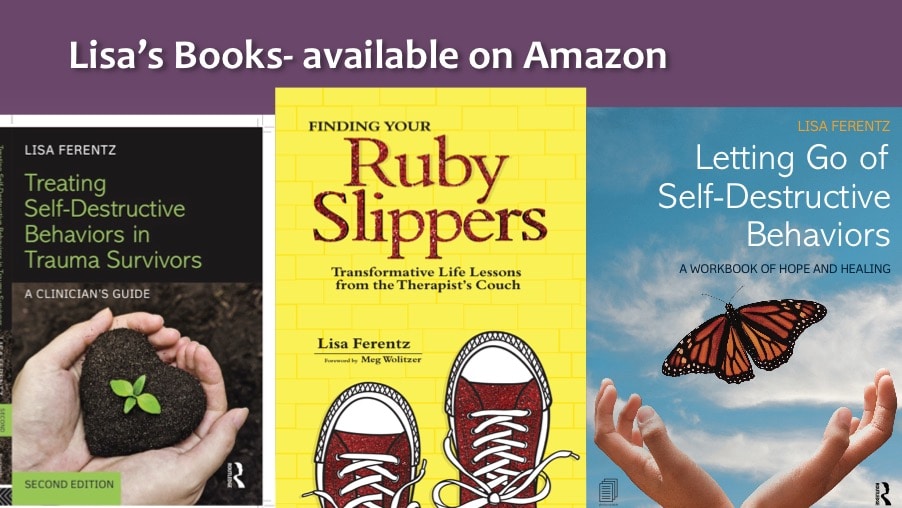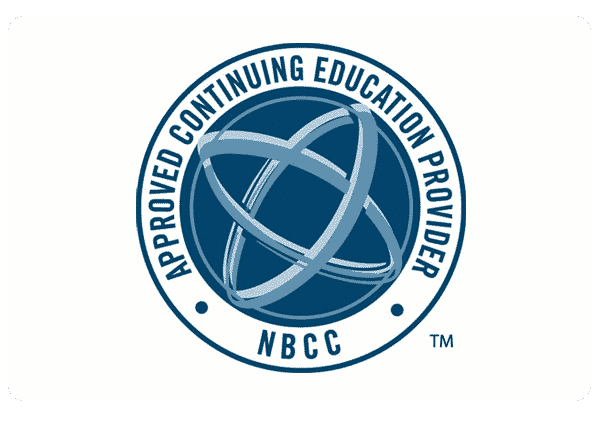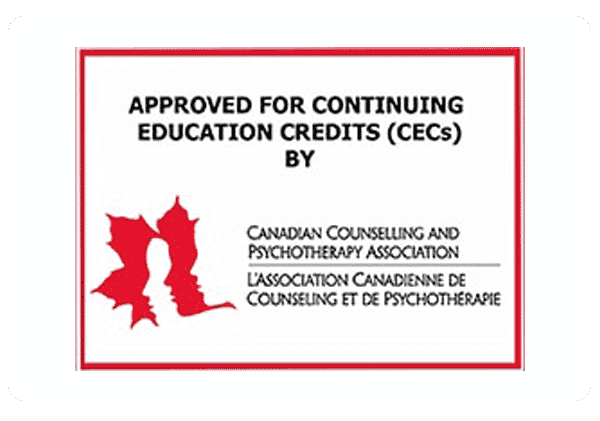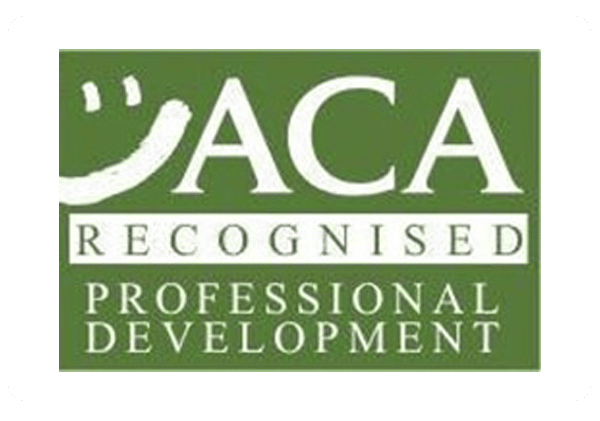Food For Thought: Understanding, De-coding, and Working with Eating Disorders in Traumatised Clients – Lisa Ferentz
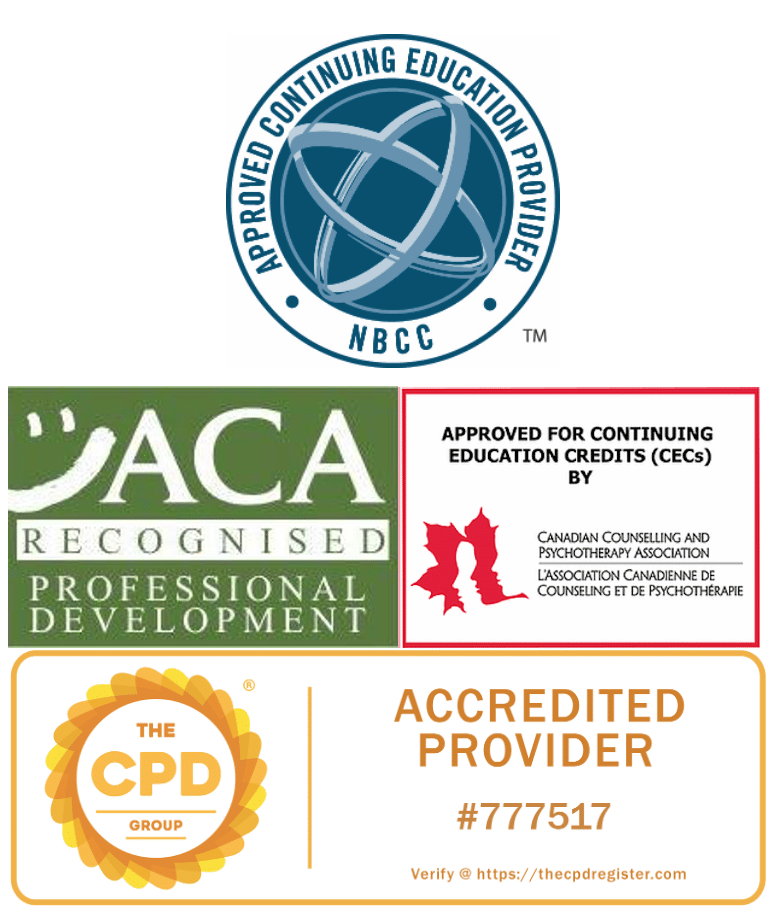
Many clinicians treat eating-disordered clients with varying degrees of success. It is a difficult, persistent problem that is particularly challenging because of it chronicity and high relapse rate. In-patient settings barter discharge for “goal weight”, yet patients often return, with no greater insight into the behavior. This full-day workshop, for both beginner and advanced practitioners offers a paradigm shift, re-framing eating disorders as clients’ attempts to enact, re-story, and resolve traumatic experiences that they can’t verbally articulate.
Using case studies, clients’ journal entries and artwork, we will process the “meta-communication” of eating disorders within the context of “trauma re-enactment syndrome”. We will identify the specific ways in which anorexia, bulimia, bingeing, and other eating disordered behaviors serve as a re-enactment, perpetuation of, and response to prior traumatization including physical, sexual, emotional abuse, and neglect. We will de-pathologize the behaviors and view them as metaphors. We will process common psychosocial triggers and cultural influences, as well as the diagnostic red flags and potential medical complications.
We will then explore specific treatment strategies designed to take the focus off of traditional interventions (dieting, calorie counting, food journals, weigh-ins) and focus, instead, on offering clients alternative, safe ways to articulate and re-story their trauma experiences. A variety of creative interventions will be discussed including incorporating psychoeducation, journaling, using art therapeutically, “parts work,” re-grounding for dissociation, and implementing CARESS, an alternative to a standard safety contract. These strategies will help clinicians address both symptoms and long-term healing in an outpatient setting.
Methodology:
Information will be disseminated through power-point slide presentation and lecture, case presentations and client writing samples and artwork, group discussion and question and answer periods.
Recorded on 14th September 2022
TRAINING information
Many clinicians treat eating-disordered clients with varying degrees of success. It is a difficult, persistent problem that is particularly challenging because of it chronicity and high relapse rate. In-patient settings barter discharge for “goal weight”, yet patients often return, with no greater insight into the behavior. This full-day workshop, for both beginner and advanced practitioners offers a paradigm shift, re-framing eating disorders as clients’ attempts to enact, re-story, and resolve traumatic experiences that they can’t verbally articulate.
Using case studies, clients’ journal entries and artwork, we will process the “meta-communication” of eating disorders within the context of “trauma re-enactment syndrome”. We will identify the specific ways in which anorexia, bulimia, bingeing, and other eating disordered behaviors serve as a re-enactment, perpetuation of, and response to prior traumatization including physical, sexual, emotional abuse, and neglect. We will de-pathologize the behaviors and view them as metaphors. We will process common psychosocial triggers and cultural influences, as well as the diagnostic red flags and potential medical complications.
We will then explore specific treatment strategies designed to take the focus off of traditional interventions (dieting, calorie counting, food journals, weigh-ins) and focus, instead, on offering clients alternative, safe ways to articulate and re-story their trauma experiences. A variety of creative interventions will be discussed including incorporating psychoeducation, journaling, using art therapeutically, “parts work,” re-grounding for dissociation, and implementing CARESS, an alternative to a standard safety contract. These strategies will help clinicians address both symptoms and long-term healing in an outpatient setting.
Methodology:
Information will be disseminated through power-point slide presentation and lecture, case presentations and client writing samples and artwork, group discussion and question and answer periods.
Recorded on 14th September 2022
Learning Objectives
1) Identify at least five behavioral and psychosocial triggers that promote eating- disordered behaviors
2) Define and explain the clinical red flags that indicate anorexia, bulimia, and binge eating behaviors
3) Define and explain exercise bulimia, orthorexia, and diabulimia as additional manifestations of eating disordered behavior.
4) Describe the “meta-communication” of eating-disordered behavior and it’s relationship to the re-enactment and perpetuation of prior trauma, abuse, neglect or unresolved pain.
5) Identify at least four medical complications related to anorexia, binge eating and bulimia
6) Explain and implement at least five creative interventions designed to treat eating disordered-behaviors.
7) Describe and implement CARESS, an alternative to standard safety contracts.
8) Explain and implement at least four open-ended questions to use when helping clients process their artwork.
About the Speaker

CPD/CE
CPD & CE credits available: 6
How do I receive these credits?
The participant must pass the multiple-choice test with a minimum score of 80%. There is a maximum of three attempts to achieve this.
The post-test is included in the price of the training.
Does my regulatory body accept the credits?
The CPD & CE credits awarded can be used towards your declaration to any governing regulatory body in your state or country, provided the content is relevant to your discipline.
Our trainings are accredited by:
– The CPD Group, London
– Canadian Counselling and Psychotherapy Association
– Australian Counselling Association


